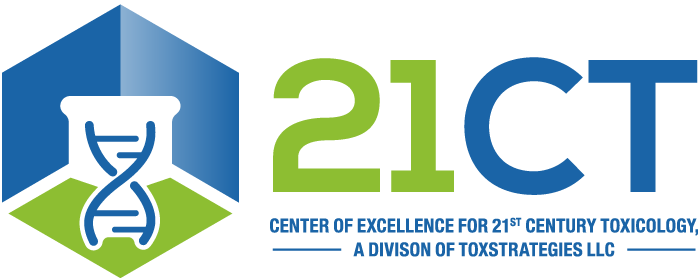Henderson RG, Welsh BT, Trexler KR, Bonn-Miller MO, Lefever TW. 2023. Genotoxicity evaluation of cannabidiol. Regul Toxicol Pharmacol 142:105425.
Abstract
Consumer use of cannabidiol (CBD) for personal wellness purposes has garnered much public interest. However, safety-related data on CBD in the public domain are limited, including a lack of quality studies evaluating its genotoxic potential. The quality of available studies is limited due to the test material used (e.g., low CBD purity) and/or study design, leading some global regulatory agencies to highlight genotoxicity as an important data gap for CBD. To address this gap, the genotoxic potential of a pure CBD isolate was investigated in a battery of three genotoxicity assays conducted according to OECD testing guidelines. In an in vitro microbial reverse mutation assay, CBD up to 5000 μg/plate was negative in Salmonella typhimurium strains TA98, TA100, TA1535, and TA1537, and Escherichia coli strain WP2 uvrA, with and without metabolic activation. Testing in an in vitro micronucleus assay was negative in human TK6 cells up to 10–11 μg/mL, with and without metabolic activation. Finally, an in vivo micronucleus assay conducted in male and female rats was negative for genotoxicity up to 1000 mg/kg-bw/d. Bioanalysis of CBD and its primary metabolite, 7-carboxy CBD, confirmed a dose-related increase in plasma exposure. Together, these assays indicate that CBD is unlikely to pose a genotoxic hazard.
